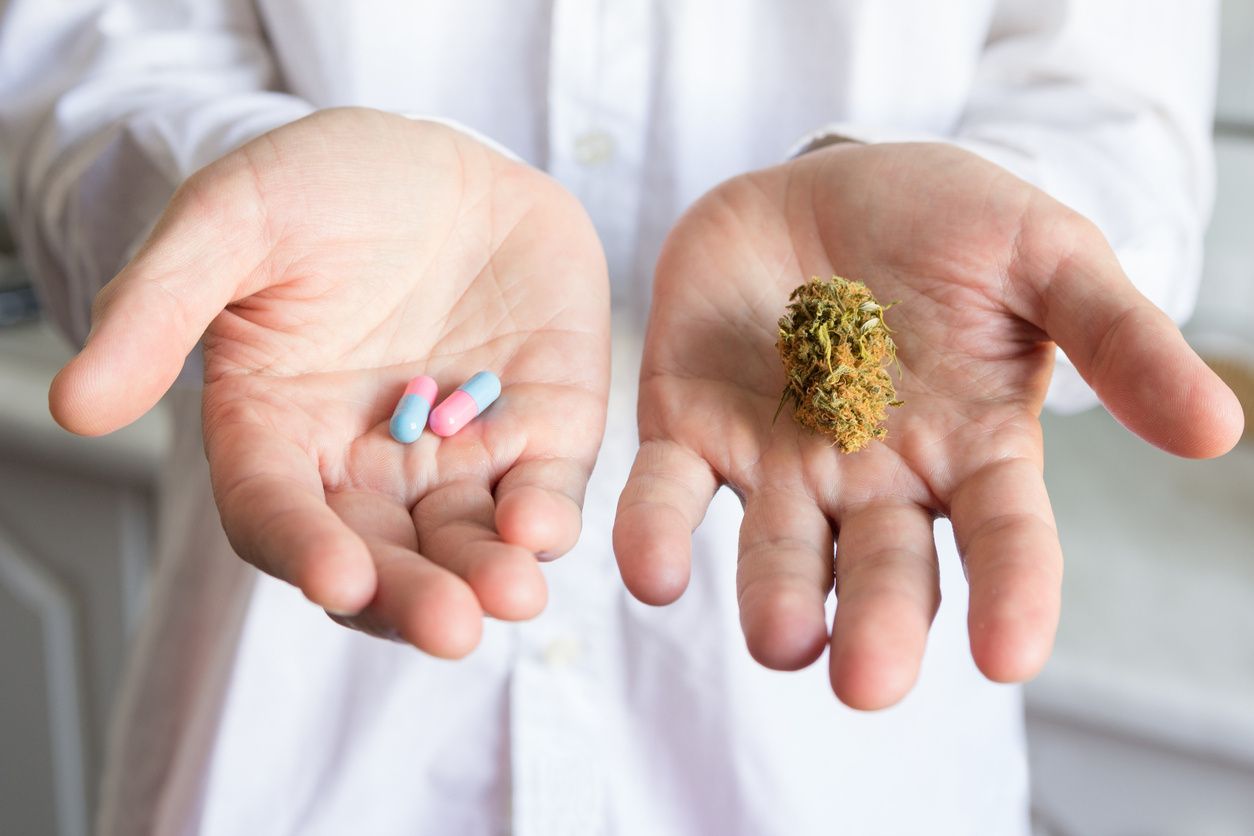
With continuous research over claims of cannabis’ use for chronic pain management, Tikun Olam, a medical cannabis company in Israel, have officially brought proof to the table.
While on Israel’s Ministry of Health’s qualifying list for medical cannabis treatment, Fibromyalgia, a disorder characterized by muscle pain accompanied by fatigue, sleep, memory and mood issues, currently has no known cure. Across the globe, people such as Lady Gaga and Morgan Freeman are suffering through the pain and discomfort that comes with the disease and hoping for a solution that Tikun Olam may have found.
Originally published in the Journal of Clinical Medicine, Tikun Olam has confirmed in a six-month study titled, “Safety and Efficacy of Medical Cannabis in Fibromyalgia,” noting that cannabis’ use has provided a significant decrease in discomfort and increase in overall quality of life of patients. The study used a gradual titration process in which patients first received a low dose of cannabis and were instructed to increase dosage gradually until reaching a therapeutic effect. Final dosage was dependent on preliminary indications of cannabis use, age, medical background, etc, and all patients underwent one and six month follow up interviews.
The June 2019 study stated, “Our data indicates that medical cannabis could be a promising therapeutic option for the treatment of fibromyalgia, especially for those who failed on standard pharmacological therapies. We show that medical cannabis is effective and safe when titrated slowly and gradually.”
To lay that out in numbers, a whopping 81.1% (194 of 239) of participants reported feeling at least moderate improvement in their condition. And with current treatments consisting of an array of pharmacological therapies such as antidepressants and anticonvulsants that can cause a range of unpleasant side effects, it’s even more important to note that no patients suffered from any significant reactions to the cannabis treatment.
Further, 73.4% of participants reported improved sleep, 80.0% reported improved depression-related symptoms, and 61.9% reported improved quality of life.
Keep in mind though, it’s been noted by Medical Xpress that everyone experiences treatments differently and while something may work for one patient, it may not work on another.
If you’re interested in reading more about the research study, click here to read from The Journal of Clinical Medicine.



Leave a Reply